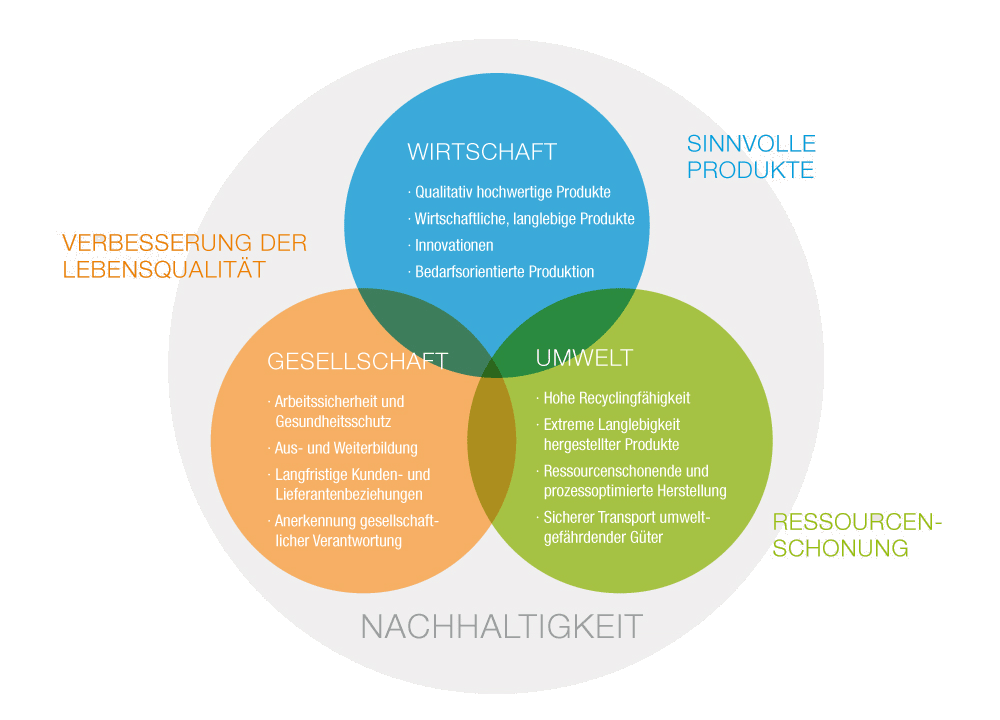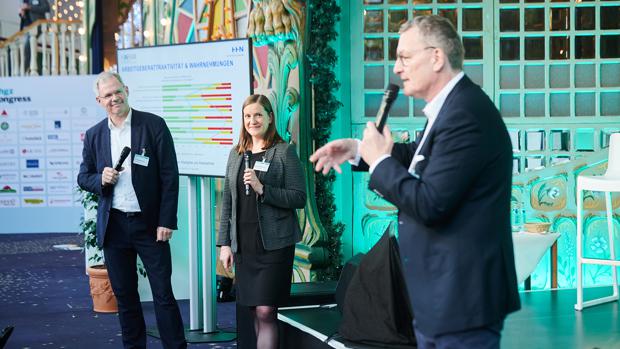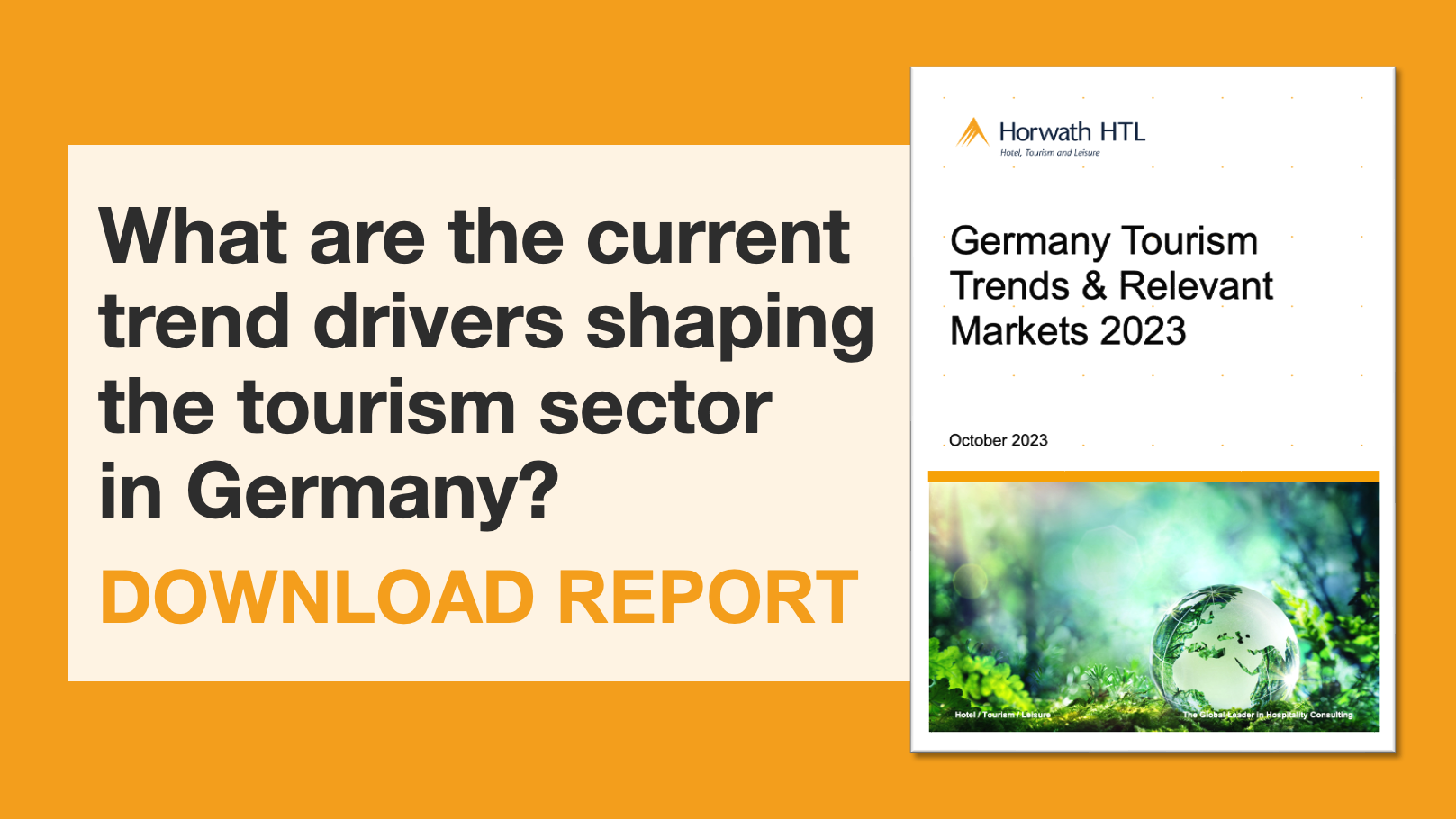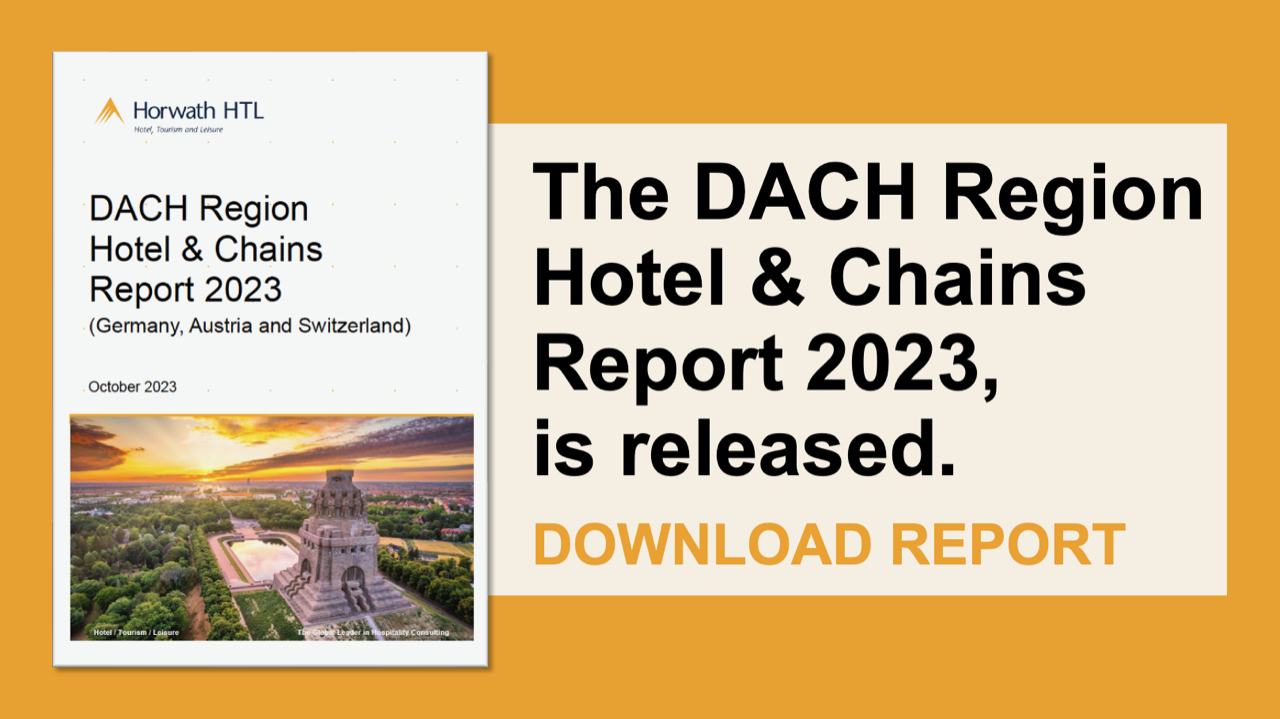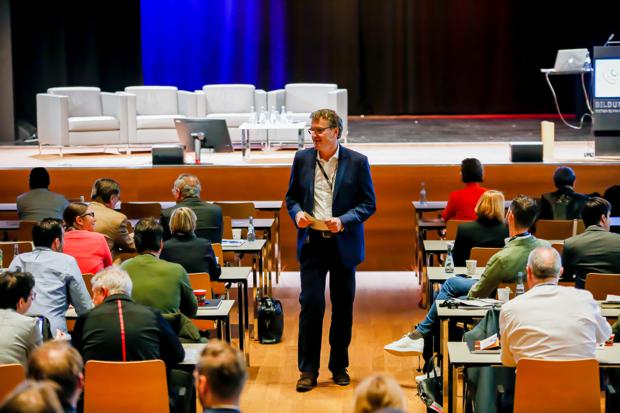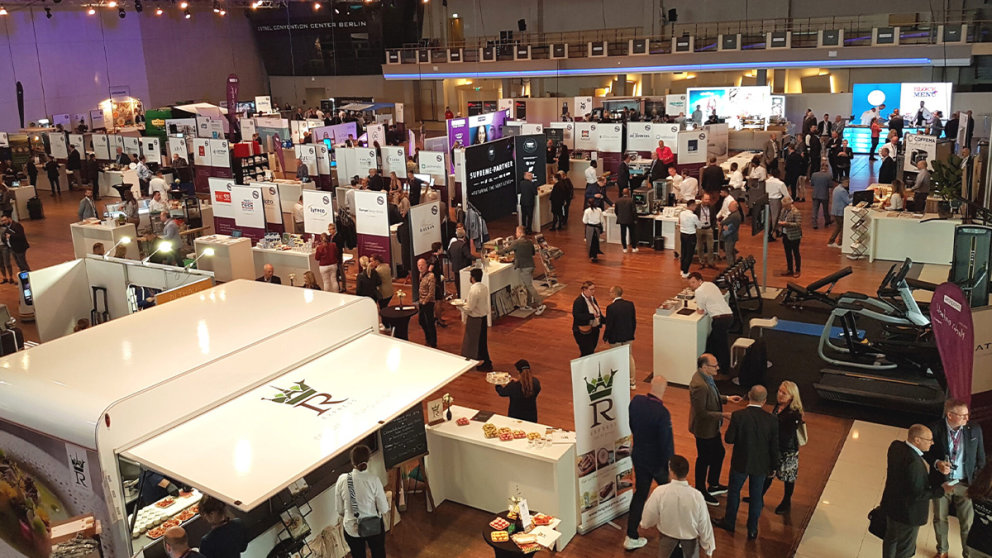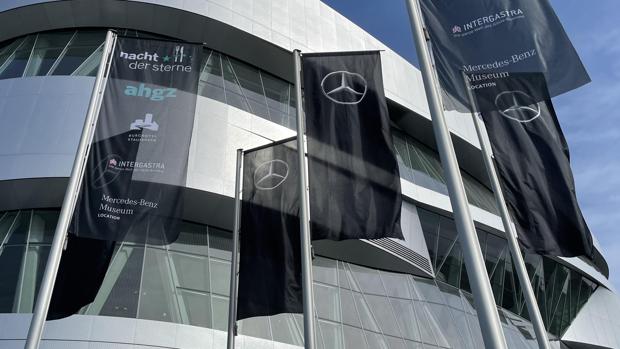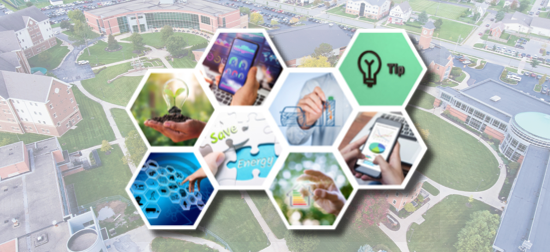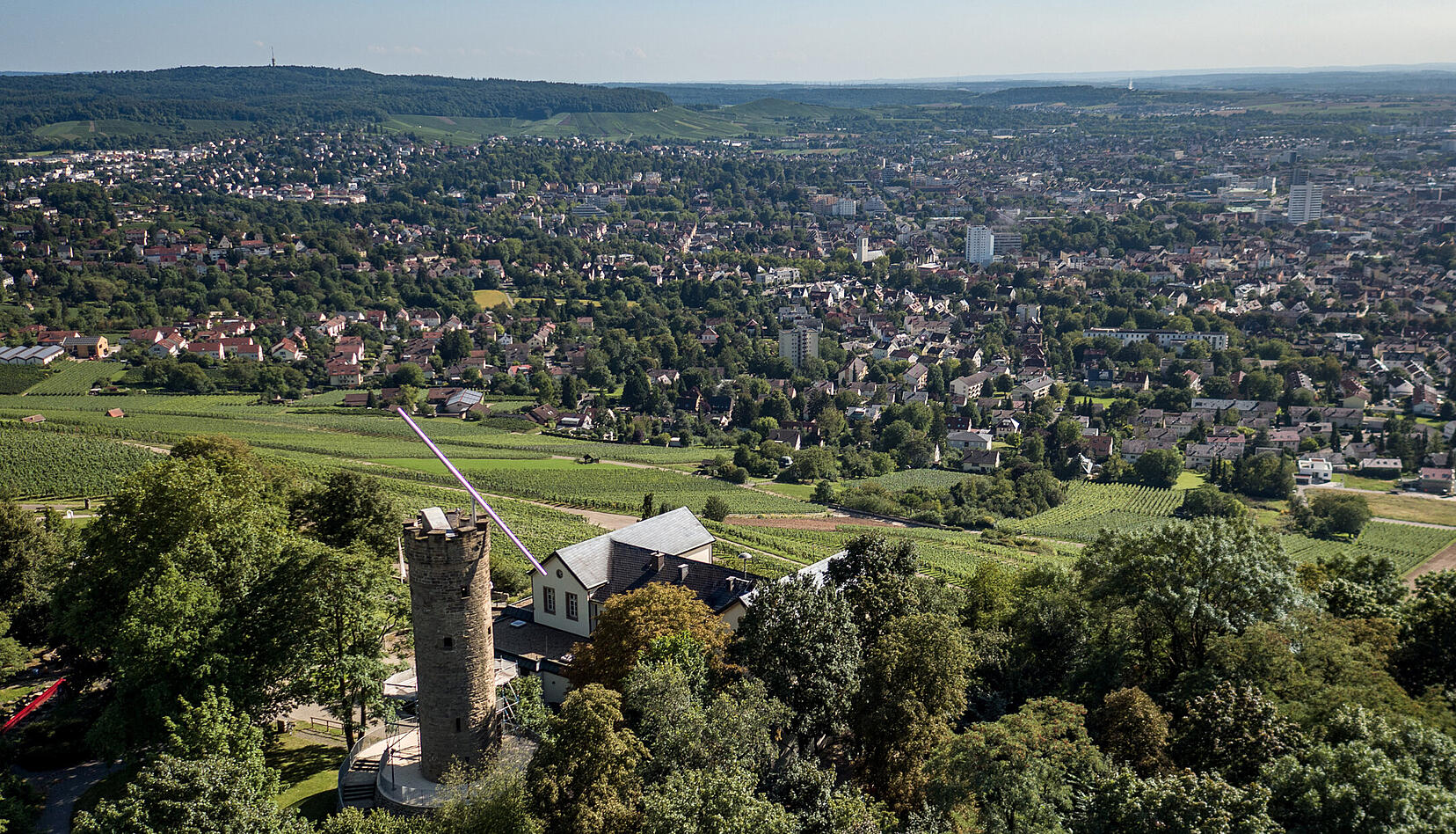
Artificial Intelligence in Hospitality – A New Era Beckons
Datum: 24. April 2024
Autor: Ellen Graeff
Artificial Intelligence In Hospitality
Artificial Intelligence in Hospitality: A New Era Beckons April 2024 – by Navid Walizadeh
The hospitality industry, renowned for its rich tradition of personalized service and warm human interactions, stands on the precipice of a technological revolution that promises to redefine its very essence.
The advent of Artificial Intelligence (AI) within this sector is not merely an incremental change; it represents a seismic shift in operational paradigms and guest experiences. As we dive into this new era, a dual narrative emerges, juxtaposing the relentless march of technology against the timeless value of human touch.
The integration of AI into hospitality is a tale of transformation and innovation. From the back-office operations to the front desk, AI’s fingerprints are becoming increasingly evident. In luxury segments, AI has taken the form of sophisticated concierge services, offering hyper-personalized guest experiences that anticipate needs and preferences with startling accuracy. Algorithms curate bespoke travel itineraries, AI-powered chatbots provide seamless interaction, and smart rooms adapt to guest preferences in real time, from lighting to room temperature.
This technological leap is not confined to the luxury market. In budget and mid-range hotels, AI’s role is more pragmatic yet equally transformative, focusing on operational efficiency and cost optimization. Automated check-in kiosks, AI-driven resource management systems, and robotic assistants streamline operations, reducing overheads and enhancing the guest experience through efficiency.
Despite the growing excitement around technology, there is a strong feeling in the industry that the personal touch will persist. After all, the essence of hospitality lies in its ability to forge connections, evoke emotions, and create memorable experiences. This is where the butler, the concierge, and the front desk manager shine, embodying the ethos of hospitality through empathetic service and genuine care. The luxury sector, in particular, underscores this narrative. Here, AI serves as a mere means to embrace the human touch, not replace it.
The COVID-19 pandemic, with its sweeping impact on global travel and hospitality, has inadvertently highlighted the importance of human roles within the industry. The temporary pivot to virtual, contactless services underscored the convenience of technology but also left an evidential void where warm, human interactions once stood. As the industry rebounds, there is a renewed appreciation for the value of empathetic, human-driven roles, from the personal connection of a greeting to the comfort of an individualized check-in. It seems there is an overarching understanding in hospitality, that certain aspects must remain inherently human.
Perhaps the future of hospitality lies in finding the perfect equilibrium between leveraging AI for efficiency and innovation and preserving the human essence that defines the industry. This balance suggests that the use of AI is viewed as a tool to enhance the human presence, rather than replace it. For instance, AI can handle routine inquiries and operations, freeing up human staff to focus on providing more personalized, empathetic services that enrich the overall guest experience.
As we navigate the complexities of integrating AI, it becomes imperative to consider its role as a strategic asset in elevating the traditional ethos of hospitality. This subsequently involves deploying AI in ways that increase the staff’s ability to deliver an effective service and a unique experience in return.
The intricate dance between AI and traditional hospitality values posits a dynamic where technology’s rapid advancement does not overshadow the timeless principles of hospitality. This offers an unprecedented opportunity for hoteliers to integrate advanced technologies and redefine operational excellence. The objective is to place human interaction at the core of the guest experience for moments where it matters most.
As we look into the future, it is clear that AI will continue to play a significant role in shaping the hospitality industry. Yet, this era of technological integration does not suggest the end of human labor within this sector. Instead, it marks the evolution of the industry into one where technology and humans coexist, each enhancing the other.
The luxury segment, in particular, with its emphasis on personalized, high-end service, will continue to embrace the value of the human touch. In this context, artificial intelligence has become a powerful tool, allowing for more customized and meaningful interactions between the ones who serve and the ones being served. Ultimately, a new standard of service delivery will inevitably be set by hotels, and correspondingly change guests’ expectations in return.
Essentially, the narrative of AI in hospitality is not one of replacement but of enhancement. The industry stands on the verge of a transformative era where the harmonious integration of AI’s capabilities with the intrinsic human qualities of empathy, warmth, and personal touch will define the path forward. This is not just a technological shift, but a strategic realignment that places equal value on innovation and tradition.
As the industry embraces this new era, the real opportunity lies in crafting a guest experience that harmonizes the best of both worlds. A reality in which AI’s efficiency and innovation complement the traditional touch of the human hand in hospitality.
In this delicate balance, the industry will not only preserve its storied legacy but also embark on an exciting new chapter that promises a richer, more personalized guest experience than ever before.
